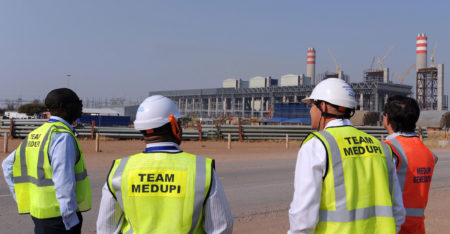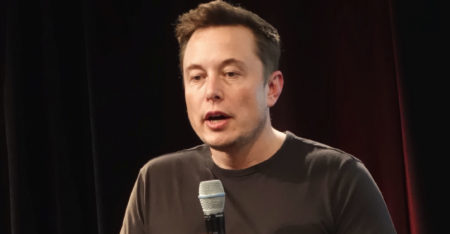Facebook’s worst-ever security breach is a major blow to the company’s effort to rebuild trust with users of the social network after a privacy scandal in March.
Browsing: In-depth
The failure of Eskom to adopt sound project management strategies could have circumvented billions of rand wasted due to administrative failure and non-compliance.
It is nearly impossible to imagine Tesla without Elon Musk – its chairman, CEO, largest shareholder and public face. But the SEC’s lawsuit on Thursday has raised questions about the executive’s future.
A judgment by the constitutional court that compels former social development minister Bathabile Dlamini to pay 20% of the legal costs associated with the social grants fiasco out of her own pocket is a significant development.
Elon Musk is in jeopardy of losing control over the electric car company he founded, with the Securities and Exchange Commission suing the billionaire for his explosive August tweet about taking Tesla private.
At this year’s Beijing Auto Show, a retired Chinese bureaucrat bent down to run his hands over the hood of a sleek sports coupe billed as the world’s fastest battery-powered car, and he smiled like a proud father.
Reports from the International Labour Organisation and the JPMorgan Chase Institute describe the plight of gig-economy workers who struggle to make even their countries’ minimum wage toiling for giant tech platforms.
It’s been a bad year for Facebook. Okay, a truly terrible year. It just got even worse with the departure of Instagram founders Kevin Systrom and Mike Krieger.
Discarded by its globe-trotting parent Naspers after more than three decades, African pay-television heavyweight MultiChoice Group is facing an uncertain future.
Most studies of the impact of artificial intelligence on jobs and the economy have focused on developed countries such as the US and Britain. But the gravest threat AI poses is to emerging economies.










